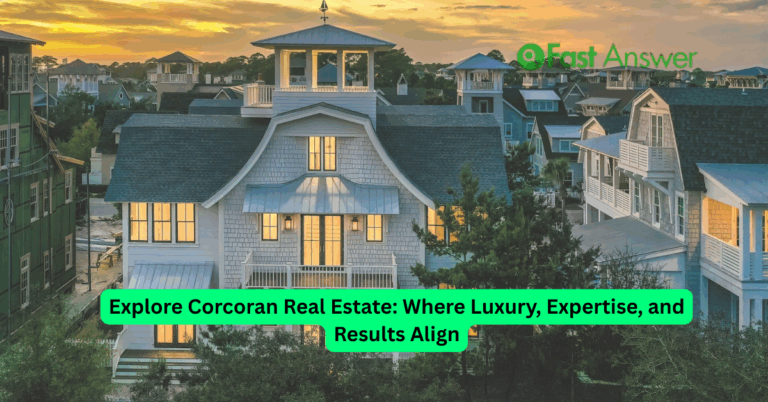Exploring Commercial Buildings for Sale? Here’s How to Find the Right One
Buying commercial buildings is a strategic move for anyone looking to invest in long-term income or grow a business footprint. Whether you’re an entrepreneur, property investor, or company expanding operations, searching for commercial buildings for sale is the first step in a high-stakes decision. But not all listings are created equal. Understanding what to look for, where to find it, and how to make your offer stand out can put you ahead of the competition. If you’re exploring available properties and want guidance rooted in today’s real estate dynamics, this article is for you.
What Makes a Commercial Building Worth the Investment?
Not every structure on the market is a profitable asset. The true value lies in a building’s condition, zoning, tenant potential, location, and future appreciation. Investors and businesses alike should evaluate walkability, traffic patterns, nearby developments, and infrastructure upgrades. Buildings near transit hubs or business districts tend to attract higher occupancy rates and yield more stable returns. Consider whether you’re looking for turnkey buildings, fixer-uppers, or empty shell properties each carries unique costs and timelines that can impact profitability.
Where to Find the Best Commercial Listings Near You
The search for the right building starts with using the right platforms. Major listing websites like LoopNet, Zillow Commercial, and CREXi specialize in commercial listings, filtering options by location, square footage, building type, and price. But don’t overlook local brokers who have pocket listings that never hit the public market. Drive through targeted zones to scout vacancy signs or emerging areas with visible business growth. Commercial real estate marketplaces also often feature exclusive access to listings based on your industry or buyer profile.
How to Evaluate a Listing Beyond Price and Size
It’s easy to focus on the list price or square footage, but savvy buyers go deeper. Look at tenant history, occupancy rates, utility setups, structural inspections, and property taxes. Understanding local business zoning codes, environmental regulations, and upcoming city planning initiatives can reveal hidden costs or advantages. Whether you’re eyeing office buildings, retail units, or industrial spaces, a complete property analysis gives you negotiating leverage and future-proof insight.
Is Financing Commercial Real Estate Different from Buying a Home?
Absolutely. Commercial real estate loans are typically larger, have higher interest rates, and demand a stronger credit profile or business plan. Down payments can be significant often 20 to 30 percent making it essential to be financially prepared. Lenders may require lease agreements, projected revenue reports, or tenant rosters before approval. If you’re buying an income-producing property, lenders often assess the asset’s Net Operating Income (NOI) and debt-service coverage ratio to gauge loan eligibility.
Negotiating the Best Deal on a Commercial Building
Negotiation doesn’t stop at the asking price. You can influence closing timelines, repair concessions, zoning approvals, and lease terms if tenants are involved. Have a licensed commercial agent review contracts and identify potential pitfalls. Due diligence periods should be long enough to allow full inspections, document reviews, and title verification. In a competitive market, being pre-approved and able to close quickly can give you a significant edge.
FAQs About Buying Commercial Buildings
What types of commercial buildings are available for sale?
Options range from office spaces and retail storefronts to warehouses, hotels, and mixed-use developments.
Do I need a commercial real estate agent?
It’s highly recommended. These professionals bring expertise in valuation, zoning, and negotiation that’s specific to commercial transactions.
Can I lease a building with an option to buy?
Yes, lease-to-own agreements are common in commercial real estate and can be structured based on your financial goals.
How do I estimate rental income potential?
Review comparable local leases, occupancy rates, and market trends. Work with a broker to determine realistic income projections.
Are commercial properties more profitable than residential?
They can be, but they also carry different risks and require more active management and capital.


